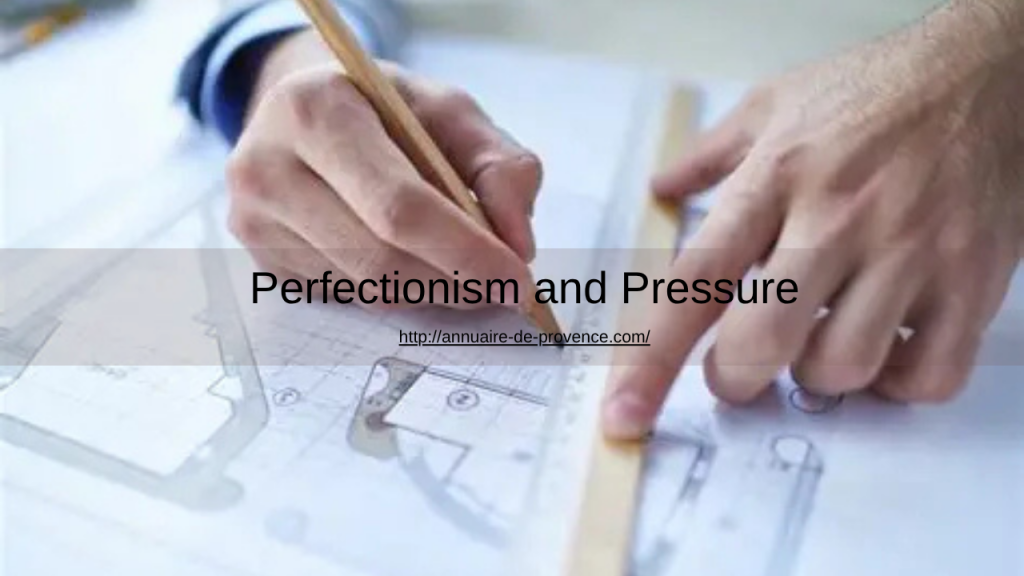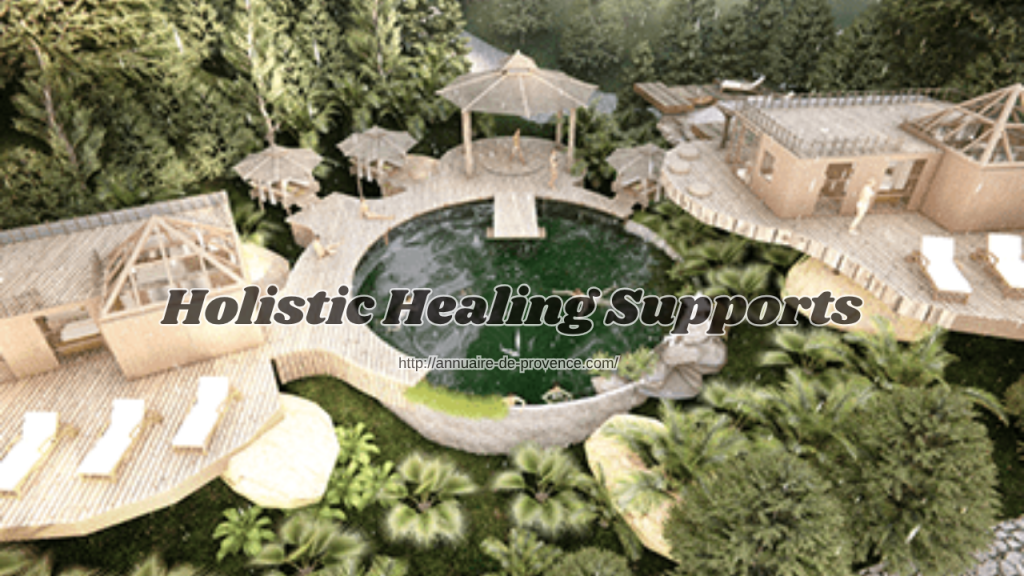Architecture is a profession admired for creativity, precision, and the power to shape communities. But behind every innovative structure is an architect managing tight deadlines, high expectations, and immense responsibility. These pressures can silently affect mental health, sometimes leading to stress-related addiction. At Annuaire de Provence, we understand the unique challenges architects face and offer compassionate, holistic, and individualized recovery programs designed to restore balance and wellness.
The Unique Stressors of Architectural Work
Creativity Under Pressure
Architects are expected to innovate while adhering to strict regulations and client demands. The constant need to deliver groundbreaking designs under tight timelines can create chronic stress. Over time, some professionals may turn to substances as a way to cope with anxiety, boost focus, or temporarily relieve tension.
Perfectionism and Self-Criticism
Precision is at the core of architecture. Every measurement, line, and calculation carries significance. While this dedication drives excellence, it can also fuel self-criticism and pressure to meet impossible standards. Architects prone to perfectionism may struggle to manage stress healthily, increasing vulnerability to dependency on alcohol or drugs.
Isolation in the Profession
Although collaboration is part of architectural work, much of the detailed design process happens alone. Extended periods of solitary work can lead to emotional isolation. Without a supportive network or open dialogue about mental health, architects may hide their struggles, allowing unhealthy coping mechanisms to take hold.
Recognizing Early Signs of Addiction
Behavioral Changes
Early signs often include withdrawal from colleagues, missed deadlines, irritability, and mood swings. Increasing reliance on alcohol or other substances to manage stress or energy levels can indicate a developing problem.
Emotional and Physical Symptoms
Persistent anxiety, depression, disrupted sleep, fatigue, and physical complaints like headaches or changes in appetite may signal the need for intervention. Recognizing these symptoms early is key to preventing long-term dependency.
Professional Impacts
Addiction can gradually affect performance. Reduced creativity, declining problem-solving skills, and missed deadlines may alert peers and clients. Early support and intervention are essential to prevent professional setbacks from compounding personal struggles.
Pathways to Recovery for Architects
Holistic and Individualized Care
At Annuaire de Provence, recovery programs are tailored to individual needs. Holistic approaches address mental, emotional, and physical health. Mindfulness, nutrition counseling, movement therapy, and stress management tools help professionals regain equilibrium and build long-term resilience.
Faith-Based Support
Spiritual guidance can strengthen recovery, providing purpose and emotional grounding. Faith-based programs help architects explore values, rebuild self-esteem, and access inner strength, complementing traditional therapies.
Peer and Community Support
Therapy groups and peer support reduce isolation, offering a safe space for sharing experiences. Community involvement reinforces accountability and creates encouragement during the recovery journey.
Flexible Inpatient and Outpatient Options
Recovery programs are designed to fit professional demands. Inpatient care provides structured, intensive support, while outpatient care allows architects to maintain work responsibilities while receiving therapy. Personalized treatment ensures recovery aligns with both career and personal life.
Moving Forward with Clarity and Balance
Addiction does not define an architect’s talent or creativity. Recognizing the unique pressures of the profession and seeking compassionate, comprehensive care can restore mental wellness, professional fulfillment, and overall life balance. At Annuaire de Provence, we provide the guidance, support, and individualized programs architects need to reclaim control over their health and future.
If you or a colleague are struggling with stress, burnout, or addiction, reach out today. Taking the first step toward recovery can transform not only your career but your life.







